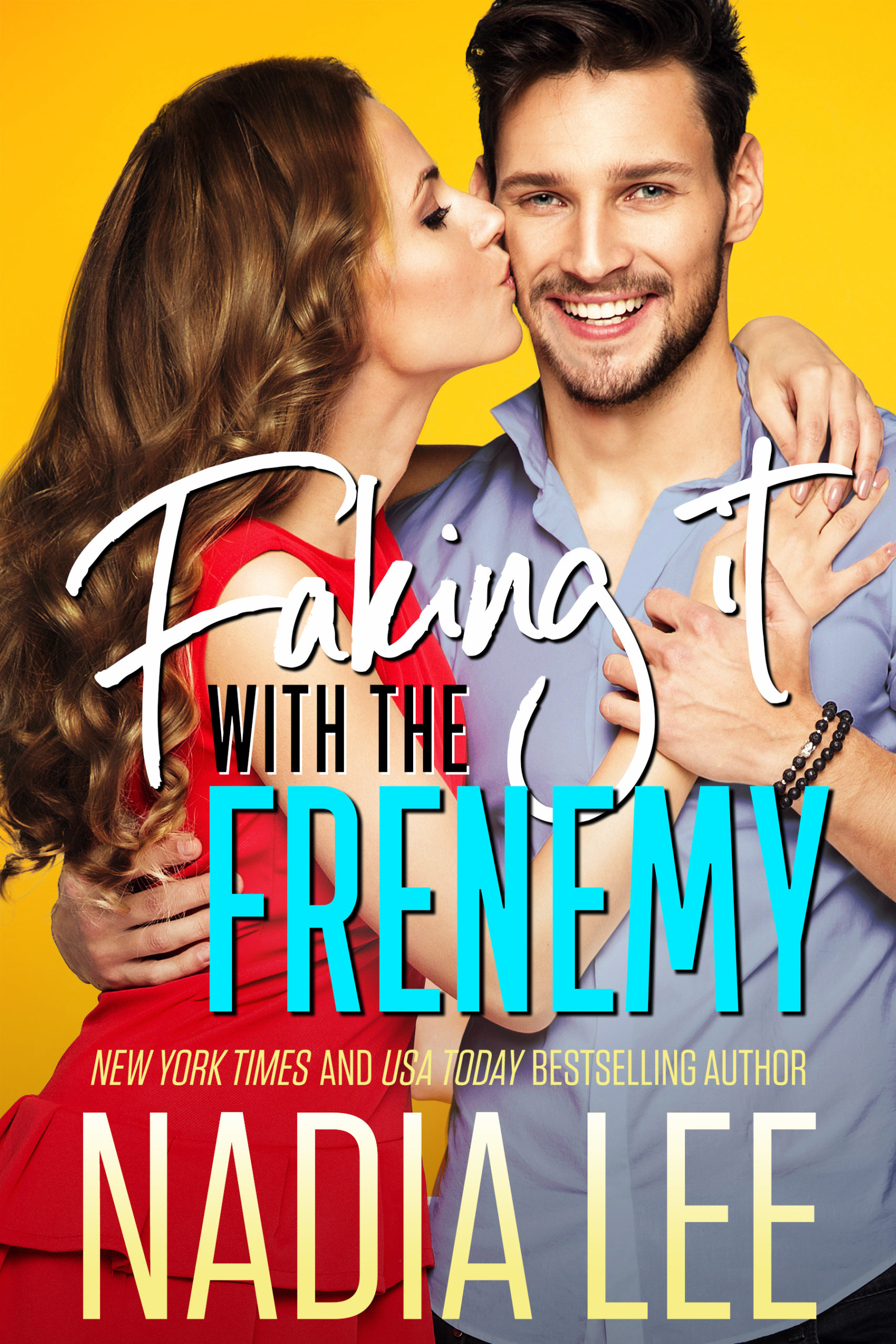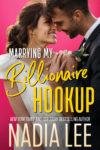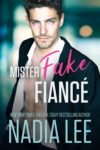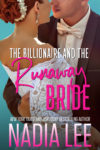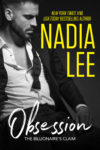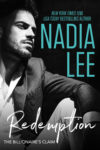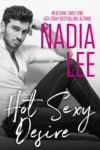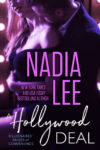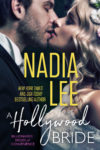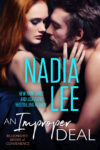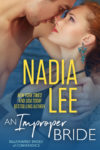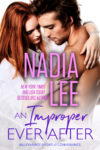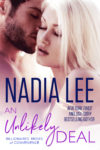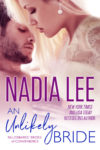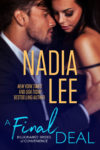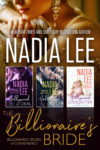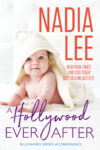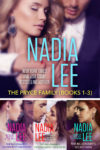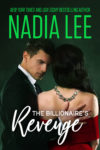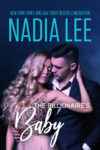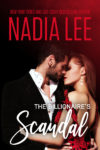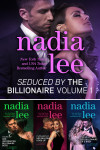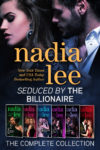I'm sure many of you have heard that RWA has decided that Harlequin Enterprises, as a whole, is no longer a non-vanity / subsidy publishing house.
So many people seemed confused about why many writers are unhappy about the Harlequin Horizons situation. I do not believe that Harlequin Horizons is a true self-publishing house. It's really a vanity press, no matter what Harlequin calls it.
Let's look how Harlequin Horizons works — I'm going to use an example to illustrate the situation. (Judging from what's going on in the Blogsphere, using a poor new unpublished writer seems to muddy the water…)
Harlequin Horizons Scenario Explained — in layman's terms:
Let's say you're a salsa maker. Your dream is to distribute your salsa so everyone in the world can buy it from supermarkets, etc.
So you go to…Pace. Pace says, “Your salsa recipe isn't good enough to add to our Pace lineup, but you should consider taking your salsa recipe to Pace Self-Salsa. If you sell a lot under that brand, we may considering adding your salsa to our main lineup.”
So you contact Pace Self-Salsa (PSS). PSS says you have to pay them money to make and bottle and label your salsa. For every bottle of your salsa that sells, PSS gets to keep half of the profit and you get the other half. So — after paying Pace a bunch of money up front — you have to split the profits with PSS 50-50.
You decide to pay PSS because you figure you can use the Pace brand and its distribution and marketing power to sell your salsa. But later you learn that PSS has no intention of associating its Pace brand with your salsa. Pace tells you that the brand “Pace” is the “gold standard” in salsa and that it will not be “compromised” to help you sell your PSS salsa. Nor does Pace plan to allow you to use their distribution network to sell your salsa. (But you can, for an additional $12K or so, get access to the Pace mailing list. This will allow you to spam 10 million Pace customers with entreaties to try your judged-to-be-not-up-to-snuff salsa all you like. And for extra $20K, you can make a commercial video that you can upload to YouTube and other social networking sites to promote your salsa (but nothing on TV channels).) And your PSS salsa will not appear next to Pace salsa on grocery store shelves. You have to do all the legwork, etc. and you have to split any profits 50-50, even though — remember — you paid a lot of money at the start for the bottling and labeling service.
That's vanity. And, frankly, it's exploitation. There's virtually NO CHANCE that you will recoup the cost of investment (the bottling & labeling fees and so on). But PSS makes lots of money because it charges you and other salsa makers a premium for its bottling & labeling services, and it gets to keep 50% of profit made on each bottle of salsa sold. Just in case you missed it: Pace will make money up front, even if you never sell a single bottle of salsa. You, on the other hand, will need to sell a hell of a lot of salsa just to break even.
The true self-publishing model can be explained using a similar example:
Again let's say you're a salsa maker. Your dream is to distribute your salsa so everyone in the world can buy it from supermarkets, etc.
So you go to…Pace. Pace says, “Your salsa recipe isn't good enough to add to our Pace lineup.” So you decide you're going to make your own salsa company, just like Pace.
So you put in your money to bottle and label your own salsa by either contracting it out to an independent bottler or learning how to do it yourself. You study how to distribute your salsa, and you get some of your local supermarkets, etc. to carry your salsa.
People try out your salsa and buy some.
You may lose money because you can't sell enough salsa. But if you do make profit, you keep 100% of the profit.
(If you're very very successful, your salsa may become a worldwide bestseller. And who knows? Some big company (like Pace) might buy you out. Again, you assume the financial risk and you keep all the losses / profits.)
So that's the difference, ladies and gentlemen. That's why I do not consider Harlequin Horizons to be a viable option for anyone who's serious about being a career-minded writer.
Disclaimer: I like Pace salsa a lot. Pace did not pay me to use its name or to say that I like their salsa. The above are just hypothetical examples I made up.
Any questions or comments?



